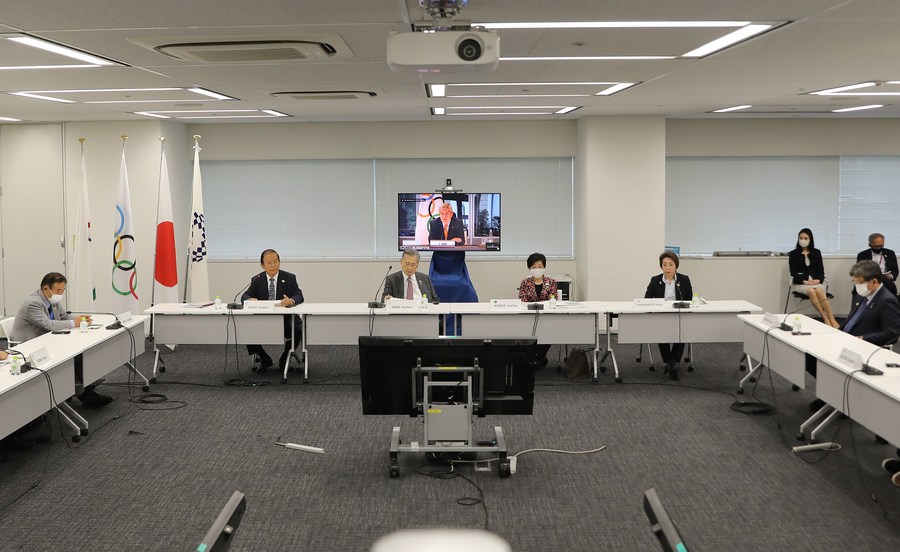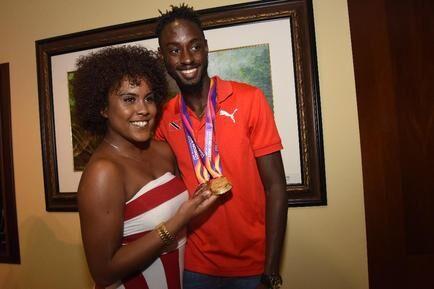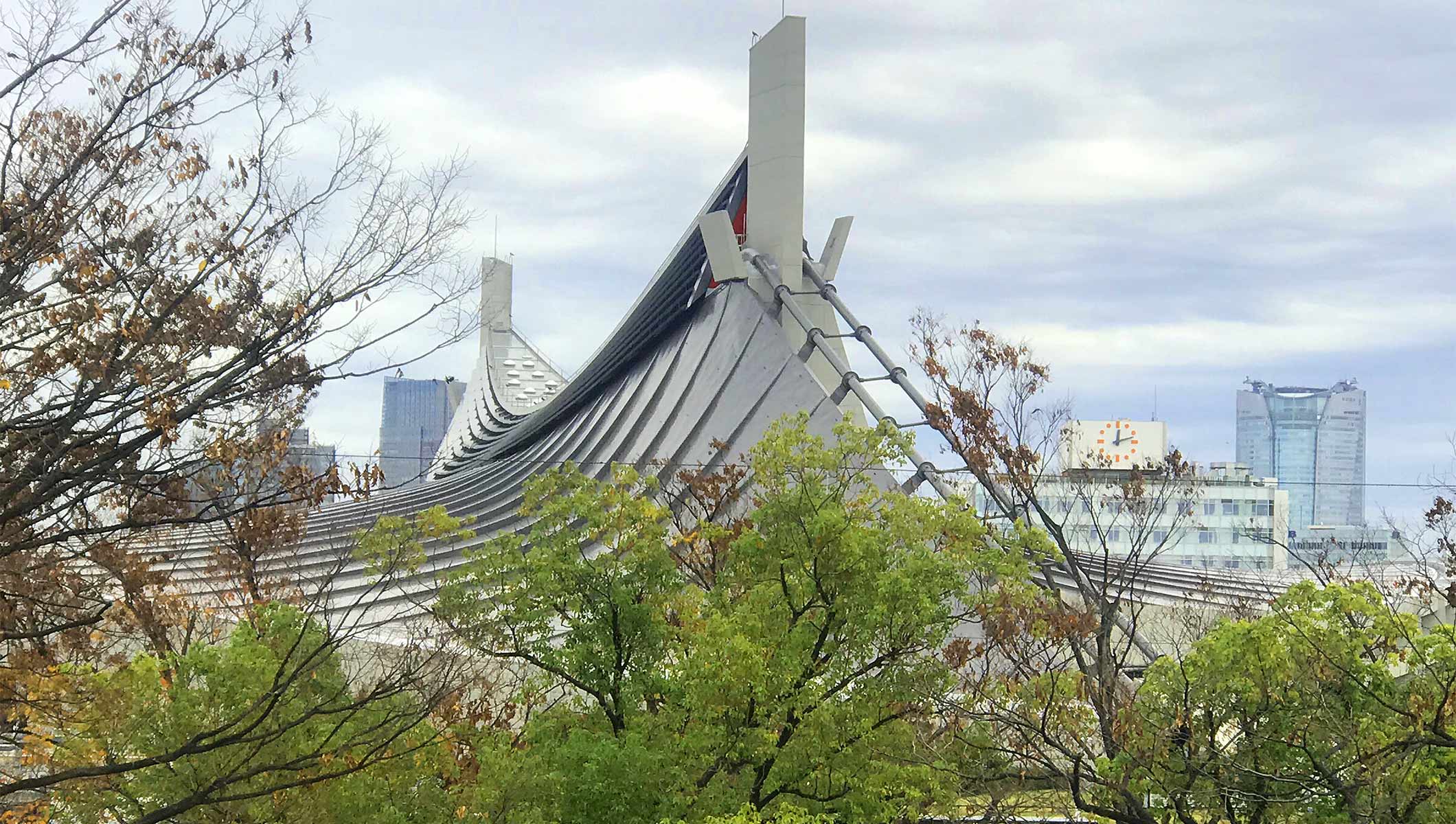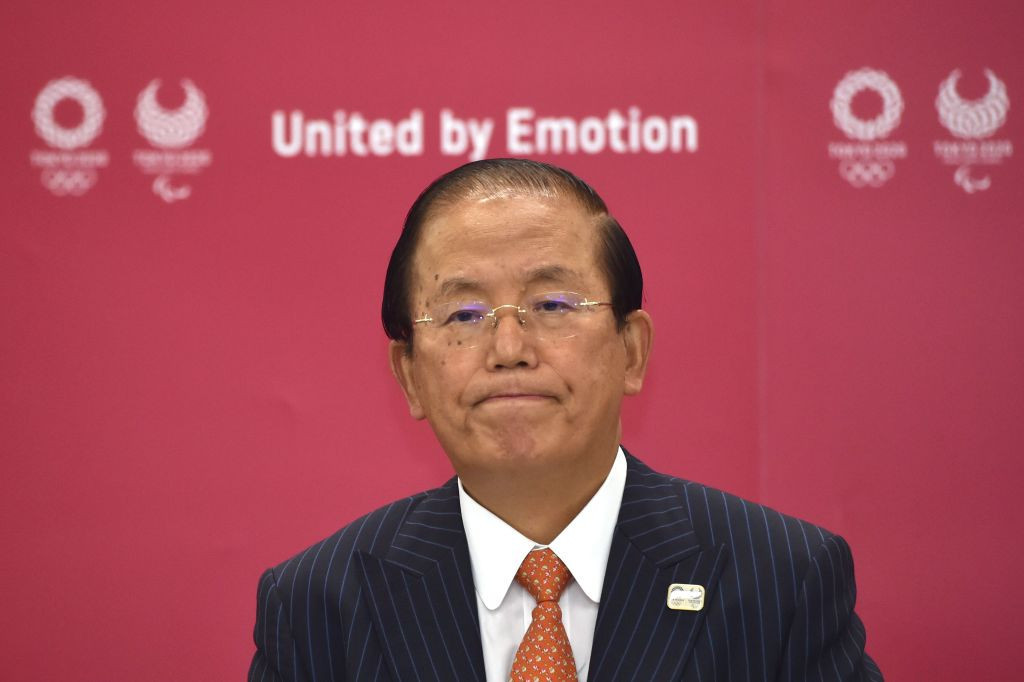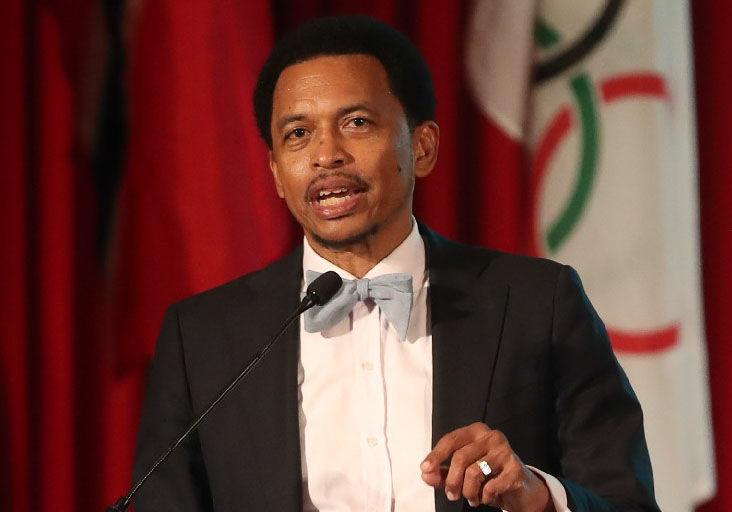THE IOC COORDINATION COMMISSION AND THE TOKYO 2020 ORGANISING COMMITTEE AGREED TODAY, 25 SEPTEMBER, ON A SERIES OF MEASURES TO MAKE THE OLYMPIC GAMES TOKYO 2020 FIT FOR A POST-CORONA WORLD.
Developed in response to the postponement of this year’s Games due to the coronavirus pandemic, over 50 measures have been designed to maximise cost savings and increase efficiencies in Games delivery.
In his opening remarks to the meeting participants, IOC President Thomas Bach acknowledged the outstanding progress being made by Tokyo 2020, reinforcing his belief that next year’s Olympic Games will be the best prepared ever. He also emphasised that the coming months will require flexibility and creativity from everyone involved as the Tokyo organisers deliver Games fit for a post-corona world. In doing so, the IOC President offered his gratitude to all stakeholders, who are fully aligned with the measures being envisaged.
Today’s meeting provided the Coordination Commission with the opportunity to review the current list of measures, with more opportunities to be identified in the lead-up to the Games. These have been split into four main categories: stakeholders; infrastructure; promotion; and other areas of interest.
Examples of the initial measures include the reduction of stakeholder personnel attending the Games, streamlining transport services, adjusting spectator activities at competition venues and hosting a number of pre-Games meetings online.
Speaking after the meeting, Tokyo 2020 Coordination Commission Chair John Coates said: “Built from the principles outlined by the Joint IOC and Tokyo 2020 Steering Committee, these optimisations and simplifications mark an important step towards delivering a safe and successful Games in 2021. We owe it to the public to enact these measures during these challenging times, that’s why we’ve left no stone unturned and will continue to look for further opportunities over the coming months. The unique task of reorganising an Olympic Games has called for the Olympic Movement to be stronger together – this milestone illustrates our collective commitment. The ‘Tokyo Model’ will not only deliver a Games fit for a post-corona world, it will become a blueprint that will benefit future Organising Committees for many years to come.”
Tokyo 2020 President Mori Yoshiro added: “Considering the current state of the world, we have been discussing how we will be able to deliver a safe and secure Games that can win public understanding in these challenging times. After we established a broader direction that the Games in 2021 should be simplified, we have been working closely together with the IOC, the IPC and various stakeholders such as IFs, NOCs, NPCs, partners and broadcasters, in every possible area that can contribute to simplifications. This process will benefit future society – becoming a role model for future global events as people adapt to living in the new normal. We will make all efforts to ensure that in the future the Tokyo 2020 Games will be a legacy. We will continue to work hard on simplifications towards next year and ask for the continued cooperation of all those involved in the Games.”
The measures were developed with support from the International Paralympic Committee (IPC), Tokyo 2020, the Tokyo Metropolitan Government (TMG) and the Government of Japan. Important input was also obtained from key Olympic stakeholder groups, including National Olympic and Paralympic Committees, International Federations, Rights-Holding Broadcasters, media and TOP Partners.
With these measures now agreed, Tokyo 2020 will start estimating the provisional cost-savings that can be achieved, with a view to providing an update at the IOC Executive Board meeting in October.
COVID-19 COUNTERMEASURES
The IOC Coordination Commission also received an update on COVID-19 countermeasure planning. This detailed how the IOC, together with Tokyo 2020 and the All Partners Task Force, which includes the World Health Organization (WHO), the IPC, the Government of Japan and the TMG, with input from experts in relevant areas, have reviewed a range of scenarios. These consider the situation in Japan and globally, illustrating potential scenarios that could be in effect during the Games next year.
This strategic approach has been crucial to identifying possible countermeasures necessary to protect the health of all Games participants. It will also help build a framework for operational planning.
The possible countermeasures have been grouped into seven areas: travel/country access; physical distancing; personal protective equipment/cleaning; food and beverage; testing/tracking/isolating; information provision and vaccines.
As part of this process, the close cooperation between the IOC, International Federations and other event organisers was highlighted. This has provided vital input into an ongoing review of the best practices and key learnings taken from the resumption of sporting events in Japan and around the world.
Looking ahead, the Commission acknowledged that as countermeasures are further developed and reviewed, important discussions will continue to be conducted on a stakeholder-journey based approach, with a focus on athletes, Games-related personnel and spectators. These preparations will continue to evolve in line with the monitoring of the global situation and its impact on Games preparations.
###
The International Olympic Committee is a not-for-profit independent international organisation made up of volunteers, which is committed to building a better world through sport. It redistributes more than 90 per cent of its income to the wider sporting movement, which means that every day the equivalent of 3.4 million US dollars goes to help athletes and sports organisations at all levels around the world.
###
For more information, please contact the IOC Media Relations Team:
Tel: +41 21 621 6000, email: pressoffice@olympic.org, or visit our web site at www.olympic.org.
Broadcast quality footage
The IOC Newsroom: http://iocnewsroom.com/
Videos
YouTube: www.youtube.com/iocmedia
Photos
For an extensive selection of photos available shortly after each event, please follow us on Flickr.
To request archive photos and footage, please contact our Images team at: images@olympic.org.
Social media
For up-to-the-minute information on the IOC and regular updates, please follow us on Twitter, Facebook and YouTube.

